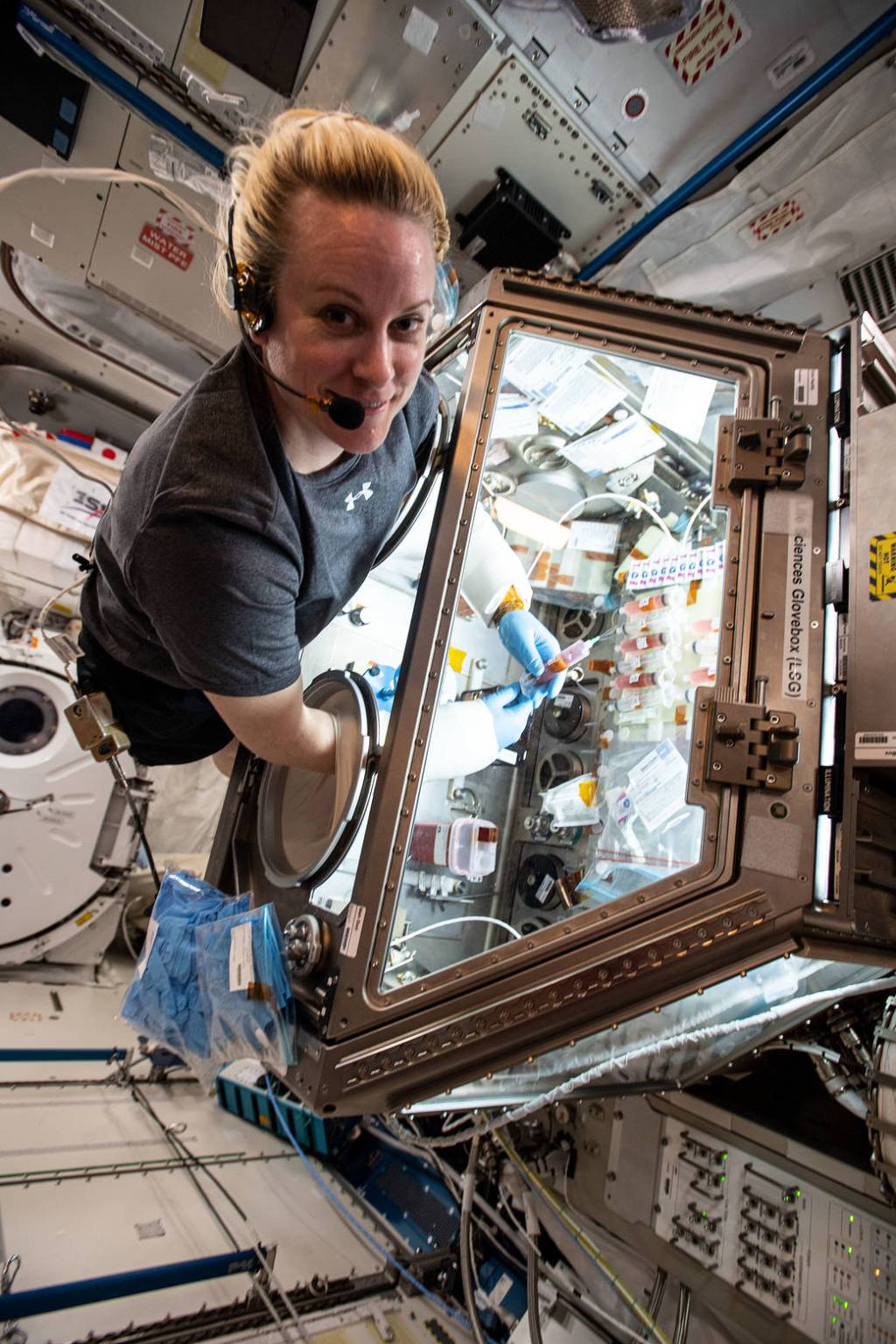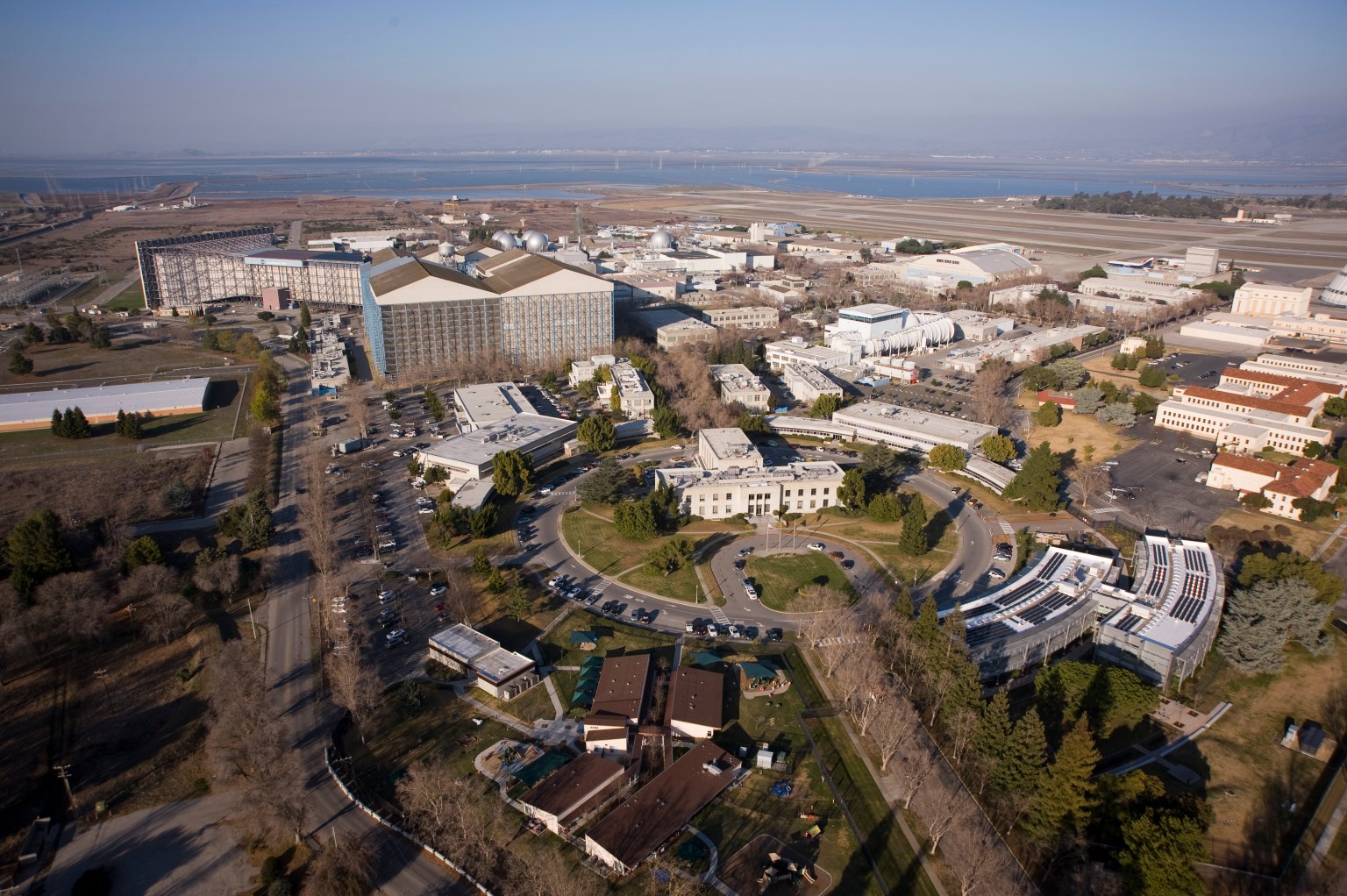The Ames Early Career Researcher Award recognizes recipients that demonstrate exceptional scientific or engineering potential for leadership through outstanding research and the integration of research within the context of the mission of their organizations.
Nomination Process:
The Ames Chief Scientist shall put forth a Center-wide call for nominations. Only NASA Ames Research Center (ARC) staff may nominate another civil servant who has demonstrated exceptional scientific or engineering potential for leadership through outstanding research, and the integration of research within the context of the mission of their organization. All nominations must be submitted to the Office of the Chief Scientist (OCS).
All nominations must be made by someone other than the nominee. Each nomination must be accompanied by the following information:
- A succinct memorandum (not to exceed two-pages) addressing the following criteria:
- Innovative and creative contributions to progress in the nominee’s field activity
- Recognition by nominee’s peers of the quality and significance of his/her work
- Reasonable expectation of continued high quality work by the nominee
- A curriculum vitae which should include the following information:
- A list of publications
- A list of invited talks
- Other supporting material
- Two letters of recommendation of which at least one should be from outside Ames Research Center
Eligibility:
To be eligible to receive the Early Career Research Award, nominees must meet the following criteria:
- Be currently employed by ARC as a civil servant
- Be a researcher who is within five years of the start of their independent research career
- May not hold a management or non-research discipline position
- May not be the recipient of a previous Ames Early Career Researcher Award
Selection:
All nominations will be evaluated by a peer-review committee. The OCS shall provide recommendations to the Center Director who will make the final selection.
Awardees will receive a personal award of $2,500 and are required to give a lecture to the Center. This year, awardees will not receive a travel budget.
2023 Ames Early Career Researcher Award Winner:
Dr. Seyedeh (Sheida) Hosseini
Smarter Wings, Better Flights: The Future of Airplane Design
Abstract
Takeoff and landing make up only a small part of a flight, but high-lift systems that help airplanes fly safely at these low speeds—like slats and flaps—are critical to airplane performance, size, safety, and cost. To be certified, airplanes must meet certain speed requirements set by the FAA, including the minimum unstick speed (Vmu), which is the slowest speed at which an airplane can safely lift off. As airplanes are designed to be larger, design and certification becomes more complex and riskier because longer bodies are limited by how close the tail is to the ground. One way to address this challenge is to improve how lift is controlled at low speeds. This talk introduces microjets—tiny air jets that blow out from the wing surface—as a promising Active Flow Control technology to boost the performance of high-lift systems during takeoff and landing.
Biography
Dr. Seyedeh (Sheida) Hosseini serves as the Deputy Manager of the Reduced Life Cycle Cost Subproject within the Transformational Tools and Technologies (T3) project at NASA. In this role, she leads efforts focused on advancing computational and experimental technologies to enable certification by analysis, accelerate manufacturing and assembly processes, and reduce operations and maintenance costs. Sheida earned her B.S. in Mechanical and Aerospace Engineering and her Ph.D. in Aerospace Engineering, both from the University of California, Davis. She joined NASA initially as a Pathways intern and later transitioned to a full-time civil servant role, contributing to the Advanced Air Transport Technology and Revolutionary Vertical Lift Technology projects. A recognized expert in Active Flow Control (AFC), Sheida has led a cross-disciplinary team spanning NASA centers, academia, and industry to explore cutting-edge AFC strategies, particularly novel normal blowing techniques. Before her NASA tenure, she worked at The Boeing Company on a range of aerodynamic technology initiatives, including advanced wingtip devices, compact nacelles, riblets, and buffet prediction methodologies.
2021 Ames Early Career Researcher Award Winners:
Natasha Batalha
Dr. Natasha Batalha is a scientist at NASA Ames in the Planetary Systems Branch who studies the atmospheres of worlds beyond the Solar System. She has a dual PhD from Penn State in Astrobiology & Astrophysics and has garnered awards such as the Alfred P. Sloan Foundation Minority Scholarship & the UC Presidential Fellowship. Her models help decipher the atmospheres of planets, including their climate and chemical makeup. Her models are all publicly available, as she strives to create a field that is accessible and inclusive.
Mary Beth Wilhelm
Dr. Wilhelm is planetary scientist and organic biogeochemist researching biomarker preservation in martian, icy-world, and terrestrial analog environments. She currently leads a team developing life detection instrumentation for future planetary missions. She has published academic research in the fields of astrobiology, geomicrobiology, organic geochemistry, and remote sensing of Mars, and has conducted field work in the Atacama Desert, Chile, Queen Maud Land, Antarctica, and Iceland. Dr. Wilhelm completed her Ph.D. in Planetary Science at Georgia Tech in 2017 and her bachelor’s in Earth & Planetary Science at Cornell University in 2012. She began working at NASA Ames as an intern in 2006.
Past Ames Early Career Researcher Award Winners:
2019
2018
2017
2016
Kenneth C. Cheung





























